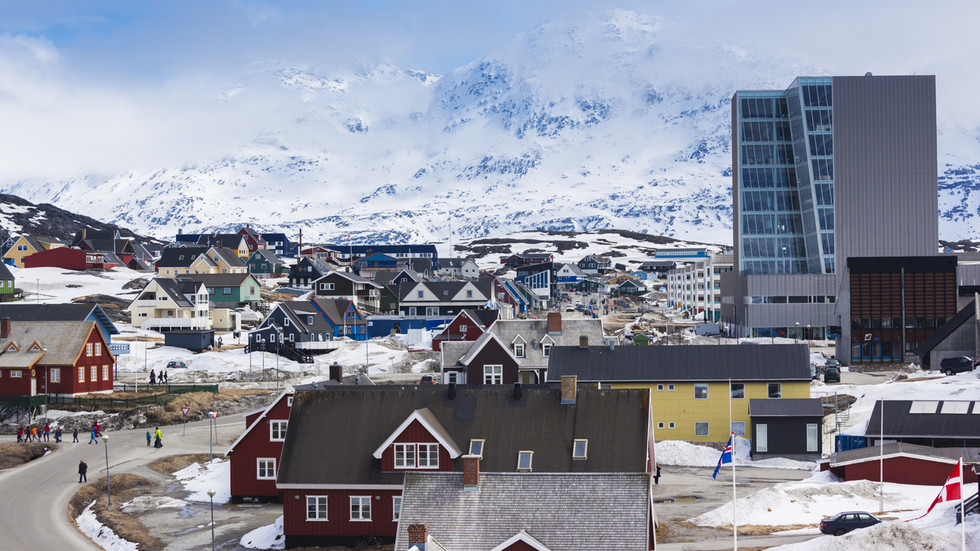Inanda, eThekwini – The ambitious Namibia Stop 8 Housing Project, initiated in 2019, has been marred by delays and setbacks, with only one completed RDP house to show for it. The project, which aimed to deliver hundreds of houses to displaced families, has left residents living in cramped conditions at a poorly serviced transit camp for over three and a half years. The eThekwini Municipality cites bureaucratic delays, the Covid-19 pandemic, the July 2021 unrest, and devastating floods in KwaZulu-Natal as contributing factors to the project’s sluggish progress.
According to Lindiwe Khuzwayo, spokesperson for the eThekwini Municipality, the Namibia Stop 8 Housing Project was intended to provide 500 serviced sites and 343 new housing units. A staggering R83 million has been spent on various aspects of the project so far, including roadworks, stormwater infrastructure, sewers, platforms, foundations, water reticulation, and a few completed structures.
However, Marlaine Nair, human settlements spokesperson for the Democratic Alliance and a member of the provincial legislature, revealed during a council meeting on May 31 that an additional R43 million is required to complete the project. Nair insists that further funding should not be allocated without a comprehensive report addressing the project’s progress, challenges, and potential irregularities.
A recent visit to the site revealed significant deficiencies in the project’s execution. Only one road, less than 500 meters long, has been tarred, with the remaining roads consisting of gravel. The stormwater system remains incomplete, and while sewer trenches have been dug, construction has yet to commence on 13 houses at the foundation level. Only one house stands complete.
Zamani Khuzwayo, a councillor from the Democratic Alliance, suggests that the Namibia Stop 8 Housing Project is approximately 51% complete, with a new deadline set for December 2024. Khuzwayo attributes the persistent delays to bureaucratic hurdles, the relocation of families to temporary housing units, the challenges posed by the Covid-19 pandemic, the unrest in July 2021, and the devastating floods experienced in KwaZulu-Natal.
The families who were relocated in November 2019 were initially informed that the project would take a mere 18 months to complete. However, three and a half years later, these families find themselves still residing in transit camps, their hopes and expectations shattered. Thami Ngidi, a community leader, shared that out of the 500 families affected, only 311 agreed to be relocated, displaying skepticism from the outset. He regretfully admitted, “Unfortunately, the officials managed to convince some of us. We ended up agreeing to be moved.”
While some residents have remained steadfast in their refusal to move, choosing to remain in their homes made of reused bricks and corrugated iron, several hundred families will be compelled to relocate to expedite the project’s conclusion. Buzani Mkhize, a resident, emphasized the importance of proximity to the construction of his home, stating, “I told them that I want to be closer when they build my house so that immediately when they finish I move in. We know houses are being [illegally] sold in other areas.”
Shockingly, the conditions at the transit camp have been abysmal. Families are forced to share a single room, while a shortage of toilets requires people to carry five and ten-liter buckets to flush them. Water scarcity is also a pressing concern, with residents reporting that the water truck responsible for deliveries can sometimes be absent for weeks at a time.
Mayor Mxolisi Kaunda acknowledges the dire situation and assures residents that the municipality is actively working on repairing vandalized pumps and apologizes for the ongoing water scarcity issue.
As the Namibia Stop 8 Housing Project continues to face setbacks, residents and stakeholders are left to grapple with the disappointments and unanswered questions surrounding its progress. It remains to be seen whether the project will regain momentum, fulfilling its initial promise of providing much-needed homes for the displaced families of Inanda.



